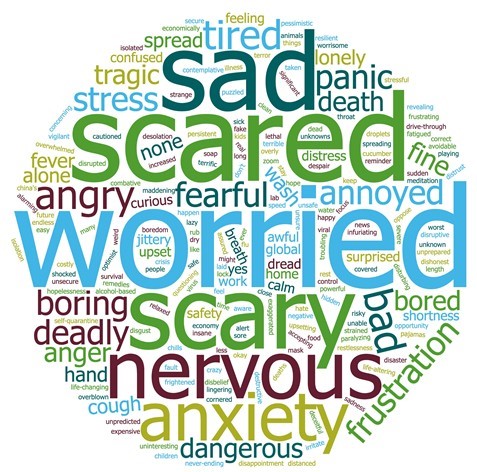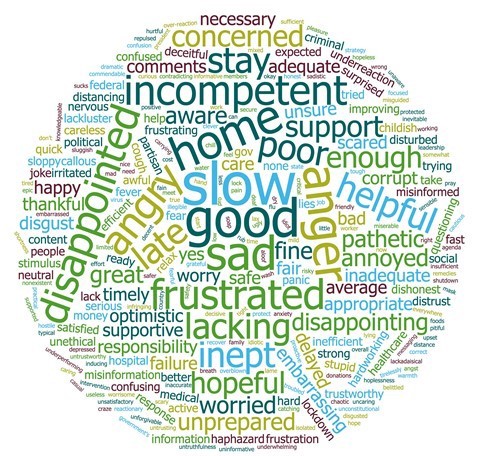The question we’ve been asked the most by clients the past few months is:…
Juror Attitudes in Intellectual Property Cases
The way jurors in Intellectual Property cases view the world can impact your dispute
In the past, it was not unusual for attorneys on both sides of an intellectual property trial to favor the same type of juror. That is, both parties tended to prefer intelligent jurors with technical training who were thought to possess the capability to attend to the minute and specific issues at hand. Therefore, the two sides may have wanted to strike some of the same strike candidates. But how does this jury selection strategy hold up under empirical investigation?
Identification of Key Juror Attitudes
Do jurors really have opinions on intellectual property issues? What impact, if any, do these attitudes have on patent litigation? In short, do juror attitudes make a difference, and if so, how? While intellectual property litigation is usually out of the realm of the jurors’ everyday experience, this does not preclude members of the panel from holding strong opinions about business competition, the U.S. Patent Office, and a myriad of other pertinent topics that arise in such cases. Attorneys trying such cases cannot ignore these attitudes, and should instead study them and use them to their advantage. These attitudes are important keys in understanding how jurors will view case themes and ultimately decide a case.
Juror Attitudes Make a Difference
Mock trial results, survey data, and systematic post-trial interview studies demonstrate that juror attitudes do make a difference. The more difficult the technology presented in a case, the more likely it is that jurors will be influenced by their attitudes and beliefs. For example, the following question was asked in a community survey of jury eligible people: Does the U.S. Patent and Trademark Office ever make a mistake? Ninety percent of the respondents answered “Yes.” This result is telling. Although the belief itself does not automatically suggest an overturning of the PTO’s authority, it does indicate juror doubt about the validity of its decisions. An attorney can use this pre-existing attitude to his or her advantage.
Attitudes can correlate with verdicts. For example, whether people thought that the PTO makes mistakes was correlated with whether the potential juror favored the plaintiff or the defense case. The jurors who believed that the PTO does make mistakes were significantly more likely to find for the plaintiff when presented with the case facts.
Key Questions for Jurors in Patent Litigation
Some key questions about juror attitudes that attorneys need to consider in a patent case include:
- If the evidence supports it, would you have any hesitation about overriding a decision by the U.S. Patent Office?
- How important are patents for progress?
- Do companies use patents to stop the progress of other companies?
- Do you think that some companies would rather sue than compete?
- Do inventors get what they deserve?
- Do you mistrust large corporations?
Completely open-ended questions can also be informative. One juror in a patent infringement case had this to say when asked the purpose of the PTO: “If people’s work is not protected and a patent can be ignored by making a few insignificant changes, the patent system is undermined and entrepreneurs and inventors don’t produce. Society suffers.”
Techniques for Juror Attitude Assessment
Identifying key juror attitudes is sometimes difficult. While brainstorming to develop questions to assess juror attitudes is not that hard, identifying the key attitudes that actually make a difference requires systematic jury research.
Once the key questions are formulated, asking these questions in court can be another battle. Preferably, these questions are asked in written form on a juror questionnaire, which ensures juror confidentiality and generally promotes more candid responses. Survey data of Northern California federal judges indicates that 72 percent of judges have used a pre-voir dire juror questionnaire, and that 89 percent would consider using one. In the U.S. District Court for the Central District of California, in Los Angeles, the percentage of judge acceptance of questionnaires is lower. Fifty-eight percent of the judges have used juror questionnaires, and 63 percent would be willing to consider their use.
If a juror questionnaire is not an option, voir dire may be used to assess specific juror attitudes. In general however, while voir dire is a great tool for some purposes, it is viewed as a less effective means of assessing juror attitudes.
Intellectual Property attorneys need to attend to juror attitudes. While many jurors may not have previous experience with virtually any part of an intellectual property case, they may still have attitudes which color their views of case themes and facts. Assessing these attitudes can be an important part of an attorney’s strategy in an intellectual property case.



